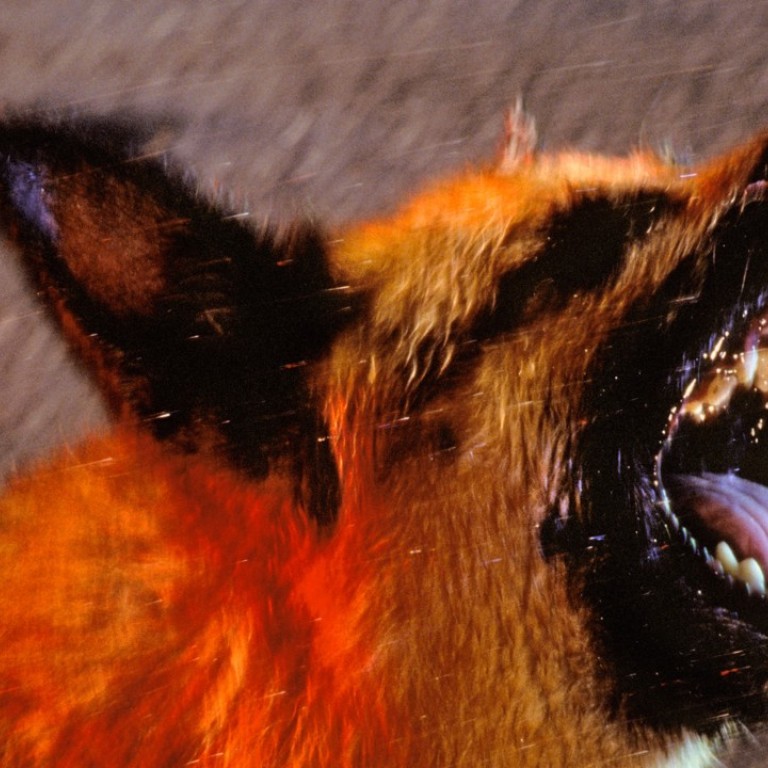
Rabies vaccine maker to stop output in China’s latest drug safety scandal
State Drug Administration finds serious violations of manufacturing protocol, prompting company to order recall
China’s drug watchdog has told the country’s second-biggest maker of rabies vaccines to stop production after a snap inspection uncovered evidence of forged data, dealing yet another blow to the scandal-plagued pharmaceutical industry.
The State Drug Administration said inspectors found serious violations of a protocol for drug production involving the Vero-cell rabies vaccine at Changchun Changsheng Bio-technology, in Changchun, in the northern province of Jilin.
In a statement on Sunday, the administration said it ordered its Jilin branch to revoke the company’s Good Manufacturing Practice (GMP) for medical products certificate, an essential licence for production.
The statement said the batch involved in the inspection had not been put on the market, and inspectors from the Jilin drug regulator and the administration were stationed at the company for further investigation.
The administration did not give details of the forged data.
Half of Hong Kong children’s clinics fill quotas for non-locals in April after mainland vaccine scandal
Rabies is a deadly virus spread to people from the saliva of infected animals and is usually transmitted through a bite. It can also cause pain, headaches, fever, seizures, hallucinations, and paralysis. Treatment for exposure to an infected animal involves a series of shots.
Tao Lina, a vaccination specialist at the Shanghai Centre for Disease Control and Prevention, said the incident was serious and would undermine to the public’s already weakened confidence in vaccines.
“The incident is very severe in nature because it has dealt another blow to the public’s confidence in domestically produced vaccines,” Tao said.
“The regulator should punish the company by revoking their production licences and imposing a very hefty fine.”
Just two years ago, a scandal erupted in China over revelations that about 570 million yuan (US$85.18 million) of improperly stored or expired vaccines were illegally sold across the country for years.
Changsheng Life Sciences, Changchun Changsheng’s Shenzhen-listed parent company, said in a statement on Monday that the company had voluntarily recalled and sealed all the rabies vaccines that had been sent to disease control centres and hospitals.
It also defended its quality by saying “no adverse effects related to the quality of the vaccine have been found from years of adverse effects monitoring”.
Changsheng said it had about 23 per cent of the market for rabies vaccines and produced about 3.54 million sets of the shots last year. Rival Liaoning Chengda Biotechnology made about 8.4 million.
According to Changchun Changsheng, its vaccine was registered for use in India, Cambodia and Nigeria by last year. But it was unclear whether any had been exported.
The scandal comes less than a year after a batch of the company’s DPT vaccine to prevent diphtheria, whooping cough and tetanus was found to be substandard. The 252,6000 vaccines in the batch had been sold to disease control and prevention centres in Shandong province.
The authorities conducted a two-month investigation but did not release their findings.

